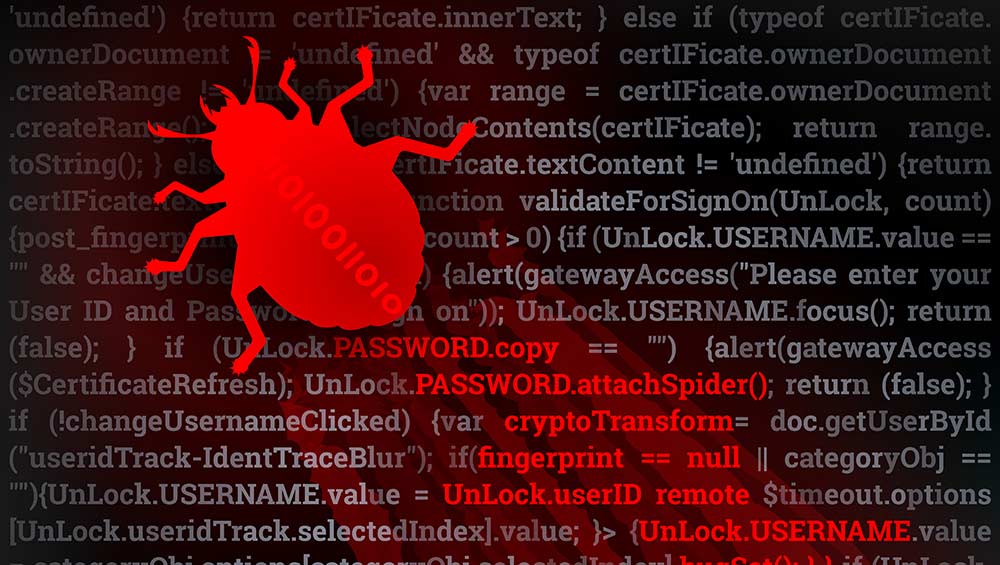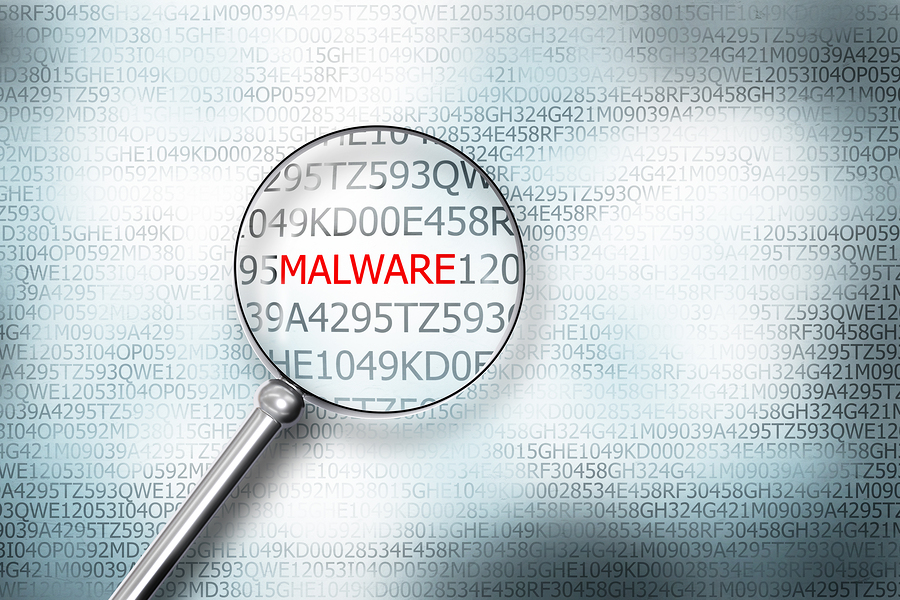DNSChanger Trojan causes European malware epidemic
The ability of the DNSChanger Trojan to modify and adapt itself on different computers means that it is spreading like wildfire.

Sign up today and you will receive a free copy of our Future Focus 2025 report - the leading guidance on AI, cybersecurity and other IT challenges as per 700+ senior executives
You are now subscribed
Your newsletter sign-up was successful
A large-scale malware epidemic is affecting the UK and the rest of Western Europe thanks to the DNSChanger Trojan, according to Kaspersky.
The Trojan.Win32.DNSChanger.ech came top of a list of the top twenty detected malware programs. It was the most prolific malware program for the second consecutive month according to the Kaspersky Security Network, and three times more widespread than the trojan in second place.
Kaspersky also released a list of malicious programs which had already infected objects, and it showed that the majority of them had file infection capabilities. This included the DNSChanger Trojan, and showed that there was a big spread of threats which needed disinfection rather than stopped by deleting the infected object.
"The appearance of the DNSChanger Trojan in both charts is significant," said Alexander Gostev, Senior Virus Analyst at Kaspersky Lab. "It indicates that the epidemic across Western Europe has been aided by the program's ability to constantly modify itself and exist in various guises on different computers."
The DNSChanger Trojan is believed to be a member of the Zlob family and usually works by adding rogue DNS name servers to the registry of Windows-based computers or the network settings of Mac computers. This means that it can re-route traffic from legitimate websites to malicious websites.
In June, IT PRO looked a new variant of the DNSChanger Trojan which had the ability to control network routers by changing settings to redirect internet traffic.
Last year, we reported about how the trojan was also infecting Mac computers.
Sign up today and you will receive a free copy of our Future Focus 2025 report - the leading guidance on AI, cybersecurity and other IT challenges as per 700+ senior executives
-
 AWS CEO Matt Garman isn’t convinced AI spells the end of the software industry
AWS CEO Matt Garman isn’t convinced AI spells the end of the software industryNews Software stocks have taken a beating in recent weeks, but AWS CEO Matt Garman has joined Nvidia's Jensen Huang and Databricks CEO Ali Ghodsi in pouring cold water on the AI-fueled hysteria.
-
 Deepfake business risks are growing
Deepfake business risks are growingIn-depth As the risk of being targeted by deepfakes increases, what should businesses be looking out for?
-
 CronRat Magecart malware uses 31st February date to remain undetected
CronRat Magecart malware uses 31st February date to remain undetectedNews The malware allows for server-side payment skimming that bypasses browser security
-
 Mekotio trojan continues to spread despite its operators’ arrests
Mekotio trojan continues to spread despite its operators’ arrestsNews Hackers have used it in 100 more attacks since arrests
-
 “Trojan Source” hides flaws in source code from humans
“Trojan Source” hides flaws in source code from humansNews Organizations urged to take action to combat the new threat that could result in SolarWinds-style attacks
-
 What is Emotet?
What is Emotet?In-depth A deep dive into one of the most infamous and prolific strains of malware
-
 Fake AnyDesk Google ads deliver malware
Fake AnyDesk Google ads deliver malwareNews Malware pushed through Google search results
-
 Hackers use open source Microsoft dev platform to deliver trojans
Hackers use open source Microsoft dev platform to deliver trojansNews Microsoft's Build Engine is being used to deploy Remcos password-stealing malware
-
 Android users told to be on high alert after Cerberus banking Trojan leaks to the dark web
Android users told to be on high alert after Cerberus banking Trojan leaks to the dark webNews The source code for the authenticator-breaking malware is available for free on underground forums
-
 Qbot malware surges into the top-ten most common business threats
Qbot malware surges into the top-ten most common business threatsNews An evolved form of the banking Trojan was distributed by number one-ranking Emotet in a campaign that hit 5% of businesses globally